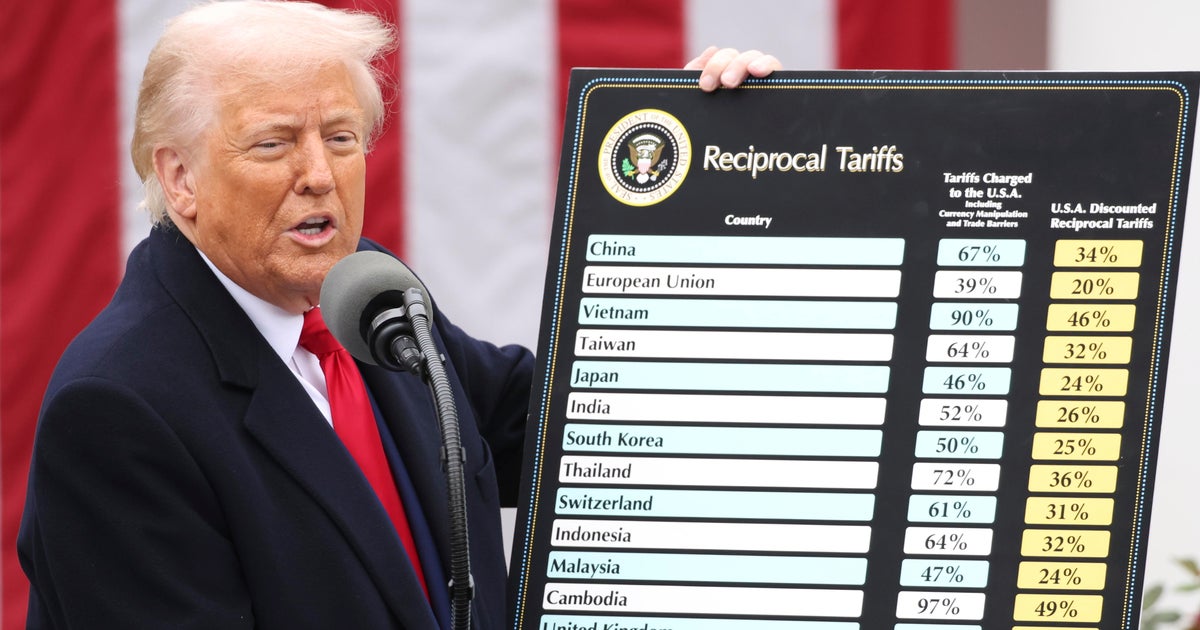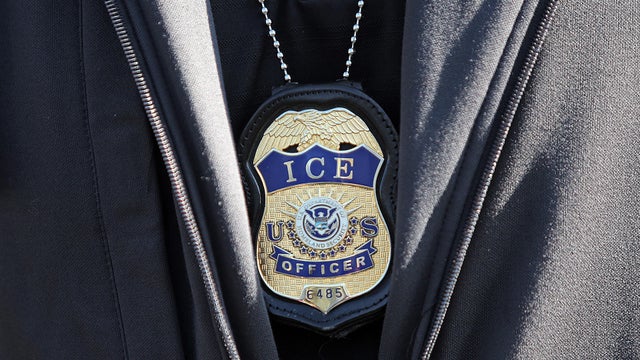

No response returned

A federal appeals court that many of the sweeping tariffs imposed by President Trump on dozens of countries earlier this year are not legally permissible.
The ruling will not immediately block the tariffs, but it marks a significant blow to Mr. Trump's signature trade strategy.
The U.S. Court of Appeals for the Federal Circuit upheld a lower court decision that found many of Mr. Trump's tariffs on foreign goods exceeded his power under federal economic emergency laws. However, the appellate judges vacated the lower court's injunction blocking the tariffs altogether, directing the court to reevaluate whether universal relief is appropriate.
The ruling applies to a series of April executive orders on virtually every country and higher "reciprocal" tariffs on dozens of trading partners. It also applies to a separate set of tariffs on goods from Canada, Mexico and China to pressure those three countries to crack down on fentanyl trafficking and unauthorized immigration.
The court's will not take effect until October to give the Trump administration a chance to ask the Supreme Court to take up the case.
Mr. Trump lashed out against the 7-4 ruling in a on Friday, calling the appeals court "Highly Partisan" and noting that the tariffs are still in effect.
"If allowed to stand, this Decision would literally destroy the United States of America," he wrote.
Attorney General Pam Bondi , which she said "undermines the United States on the world stage" and is "interfering with the President's vital and constitutionally central role in foreign policy."
Friday's ruling came as part of a monthslong legal challenge over the tariffs brought by Democratic states and small businesses. Mr. Trump has legally justified his sweeping import taxes by invoking the International Emergency Economic Powers Act of 1977, or IEEPA, which gives the president the power to regulate imports during national emergencies. The law tariffs.
The appeals court said the provision of IEEPA that mentions regulating imports does not give the president the right to impose unlimited tariffs. It called the right to levy tariffs "a core Congressional power," and noted that past presidents have typically used IEEPA to impose sanctions, not tariffs.
"It seems unlikely that Congress intended, in enacting IEEPA, to depart from its past practice and grant the President unlimited authority to impose tariffs," the court wrote late Friday afternoon. "The statute neither mentions tariffs (or any of its synonyms) nor has procedural safeguards that contain clear limits on the President's power to impose tariffs."
A lower court, the U.S. Court of International Trade, or USCIT, issued a and ordered Mr. Trump's import duties to be frozen. That ruling was by the appeals court so it could review the case.
While the appellate court affirmed USCIT's ruling on the merits of the tariffs, it said the lower court needs to take a second look at whether a universal injunction freezing the tariffs across the board is appropriate. It pointed to the Supreme Court's case earlier this year that limited the use of universal injunctions.
Tariffs have been a core part of Mr. Trump's economic strategy since he returned to office. He unveiled massive "reciprocal" tariffs against dozens of trading partners on "Liberation Day" in early April, before quickly halting most of those duties to give his administration time to negotiate new trade agreements. Earlier this month, he of tariffs against more than 60 countries, in some cases striking deals with certain trading partners that lowered their tariff rates — but still left them with higher duties than before "Liberation Day."
Mr. Trump argues that steeper tariffs are necessary to correct what he views as unfair trade practices and revive American manufacturing. He has also used tariffs to pressure China on fentanyl, Mexico and Canada on immigration, Brazil on its prosecution of a Trump-aligned former president, and India on its trade relationship with Russia.
But critics — and many economists — warn that the tariffs could lead to slower economic growth and higher consumer prices. Some of Mr. Trump's early trade moves rattled financial markets, though major stock indices have rebounded since April's "Liberation Day" dive.
Critics also argue that the tariffs exceed Mr. Trump's legal authority. Some of the lawsuits against the tariffs rely on that have long been championed by conservative judges. Those include the "major questions doctrine," which holds that Congress needs to give a federal agency clear authorization to decide issues of major political or economic significance.





